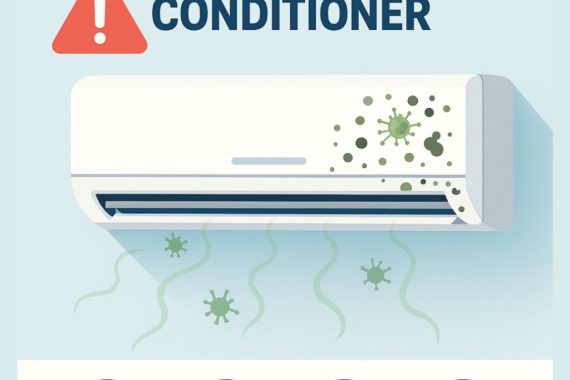🏠 Introduction
Mould in your home isn’t just a cosmetic problem—it can seriously affect your health. Especially in humid climates like Sydney, mould can thrive in hidden spaces like behind walls, under carpets, and inside ceilings. The scary part? You might not even see it until symptoms begin.
In this blog, we explore the top 7 health risks associated with hidden mould in Australian homes, and how to detect it early before it becomes a costly, dangerous issue.
1. Respiratory Issues
Mould spores can easily become airborne and, when inhaled, irritate the respiratory system. For many homeowners, the first sign of hidden mould is unexplained coughing, sneezing, or shortness of breath—especially when indoors.
Spot it early: Are your symptoms worse at home and improve when you go outside? That’s a red flag.
2. Asthma Flare-Ups
Mould is a known asthma trigger. For individuals already diagnosed with asthma, exposure to mould can increase the frequency and severity of attacks.
High-risk groups: Children, elderly family members, and anyone with pre-existing respiratory conditions.
3. Chronic Sinus Infections
Hidden mould can cause or worsen sinus congestion, postnasal drip, and frequent sinus infections. The presence of mycotoxins—substances released by some types of mould—can inflame the sinus lining and lead to persistent discomfort.
Don’t ignore: Ongoing sinus pain without an obvious allergy source.
4. Skin Irritations
Direct contact with mould spores or exposure to mould-infested air can cause skin rashes, itchiness, and irritation. Some people may also develop hives or eczema-like symptoms without knowing the cause.
Common sources: Mouldy curtains, carpets, or bedding materials.
5. Fatigue & Headaches
Prolonged mould exposure may lead to brain fog, unexplained fatigue, and even migraines. This is your body reacting to poor air quality and toxin exposure—especially in enclosed environments like bedrooms or home offices.
Listen to your body: Do you feel better after spending a few hours away from home?
6. Allergic Reactions
Even in healthy individuals, hidden mould can trigger:
- Runny nose
- Watery eyes
- Sneezing fits
- Itchy throat
These reactions are especially common during or after rain when moisture increases.
Pro tip: If you’re constantly treating allergy symptoms but nothing helps—check for mould.
7. Weakened Immune Response
Over time, constant mould exposure can weaken your immune system. This makes you more vulnerable to infections, slower recovery times, and chronic illnesses.
High-risk environments: Bathrooms without ventilation, subfloors, or homes with past water damage.
🕵️ How to Spot Hidden Mould in Your Home
Mould isn’t always visible. Here’s what to watch for:
- Musty odour in rooms, especially after rain
- Condensation on windows and walls
- Peeling paint, bubbling walls or dark patches
- Frequent illness in the household
- Dampness under carpets, behind furniture or near windows
If you notice even one of these signs, it’s time for a professional inspection.
✅ The Mould Pro Solution
At Mould Pro, we specialise in identifying, treating, and preventing mould across homes in Sydney, Melbourne, and Brisbane. Our certified team uses advanced thermal imaging and moisture meters to locate mould even when it’s invisible to the eye.
We offer:
- Comprehensive mould inspections
- Safe and effective mould removal
- Long-term prevention plans
- Honest assessments with no hidden surprises
📞 Call us on 1300 662 938 or visit our website to book your FREE mould inspection quote.
🌿 Final Thoughts
Don’t wait until your health—or your home—suffers. The cost of ignoring mould can be far greater than the cost of addressing it early.
Whether you’re a homeowner, tenant, or landlord, knowing the risks and acting early can make all the difference.
🔗 Helpful Resources:
- Mould Removal Sydney Services
- How Mould Affects Indoor Air Quality
- Guide to Mould Prevention in Wet Seasons



